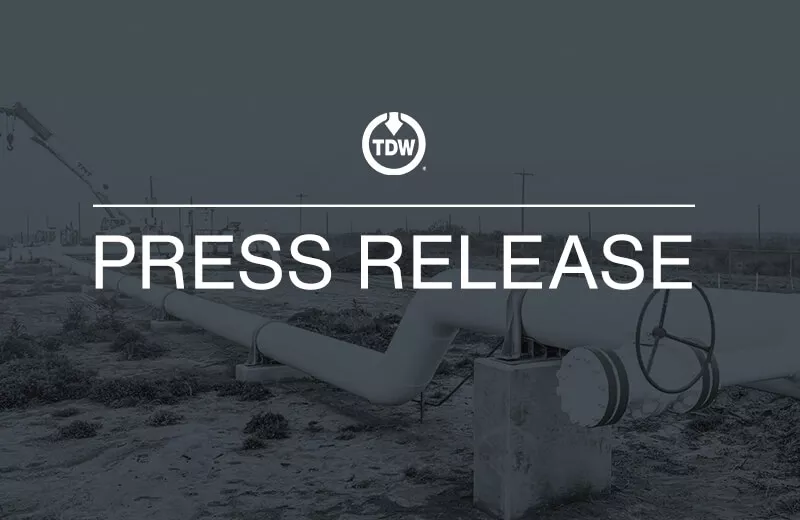Media Release

TDW Releases a New ILI Performance Specification for Circumferential Stress Corrosion Cracking (CSCC) Assessment
Salt Lake City, UT, January 28, 2025 – T.D. Williamson (TDW) is proud to present groundbreaking research on the detection and management of Circumferential Stress Corrosion Cracking (CSCC) in pipelines, resulting in the published performance specification. This research underscores the critical importance of advanced in-line inspection (ILI) solutions in identifying and mitigating CSCC threats, ensuring the integrity and safety of pipeline infrastructure.
Understanding CSCC: Circumferential Stress Corrosion Cracking (CSCC) is a significant threat to the integrity of buried oil and natural gas pipelines. Unlike axial stress corrosion cracking (SCC), which is driven primarily by internal pressure, CSCC results from complex loading states, including axial, bending, and combined stresses. This complex stress state leads to circumferential or helical cracks, posing a unique challenge for pipeline operators.
Advanced Detection Technologies: The research from TDW highlights the use of the MDS™ Pro system, an advanced combination of ILI technologies that incorporate geometry, axial MFL, low-field MFL (LFM), spiral MFL (SMFL) and mapping (XYZ) to detect and characterize CSCC. The analysis techniques developed using this system evaluate these data sets together, providing accurate detection and prioritization of CSCC anomalies.
Key Findings:
- Enhanced Detection: The integration of the MDS™ Pro platform data sets, allows for comprehensive cross-referencing across data sets, leading to the most accurate understanding of pipeline conditions.
- Scoring Model: A scoring method was developed to classify circumferential crack-like features from general volumetric geometries, improving the consistency and accuracy of CSCC detection.
- LFM Technology: The inclusion of LFM data has significantly increased the true positive rate and reduced false positives in CSCC detection, enhancing the overall reliability of the assessment process.
Real-World Application: The TDW CSCC prioritization process has been successfully applied to real pipeline data, demonstrating its effectiveness in identifying and managing CSCC threats. This process involves assessing and scoring signal-specific characteristics from MFL, LFM, SMFL and XYZ technologies.
Conclusion: This innovative approach to CSCC detection and management represents a significant advancement in pipeline integrity management. Using these advancements in ILI solutions and data analysis processes, pipeline operators more effectively safeguard their infrastructure against CSCC risks. This leads to safer, more reliable operations, protecting both the public and the environment.
For more information, please contact: matt.romney@tdwilliamson.com